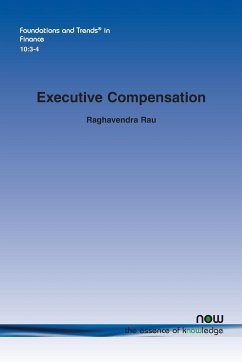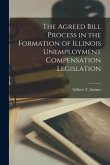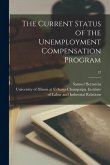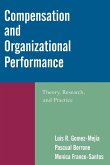Executive Compensation surveys the extant literature on this important topic. The first section starts with a discussion of the theory of executive compensation, in which the author identifies two major approaches. The first arises from the theory of optimal compensation contracting and focuses on the composition of pay, arguing that the composition of pay is set to attract good executives (to solve the adverse selection problem) and motivate them to work hard (the moral hazard problem). The second approach focuses on the level of pay and posits that managers have a considerable degree of power in setting their own wages and use their power to extract excessive pay or rents from the shareholders. The second section reviews the evidence on both the composition and level of pay and how it has changed over time, treating each component. The author also discusses the composition of pay in countries around the world and in specific industries. The third section describes who decides pay composition and levels. Finally, the fourth section, concludes by examining how the structure of pay has real consequences for firms.
Hinweis: Dieser Artikel kann nur an eine deutsche Lieferadresse ausgeliefert werden.
Hinweis: Dieser Artikel kann nur an eine deutsche Lieferadresse ausgeliefert werden.








